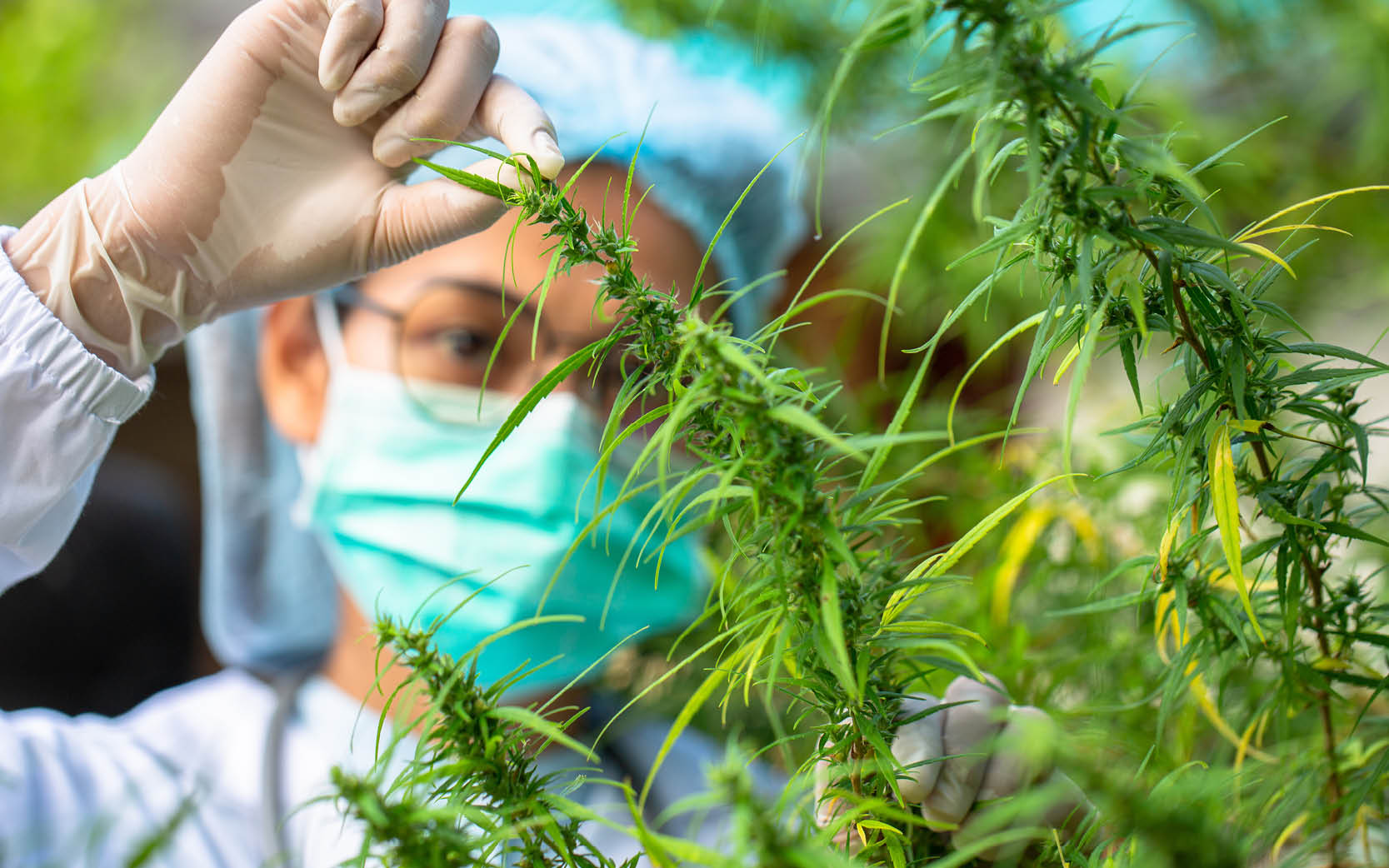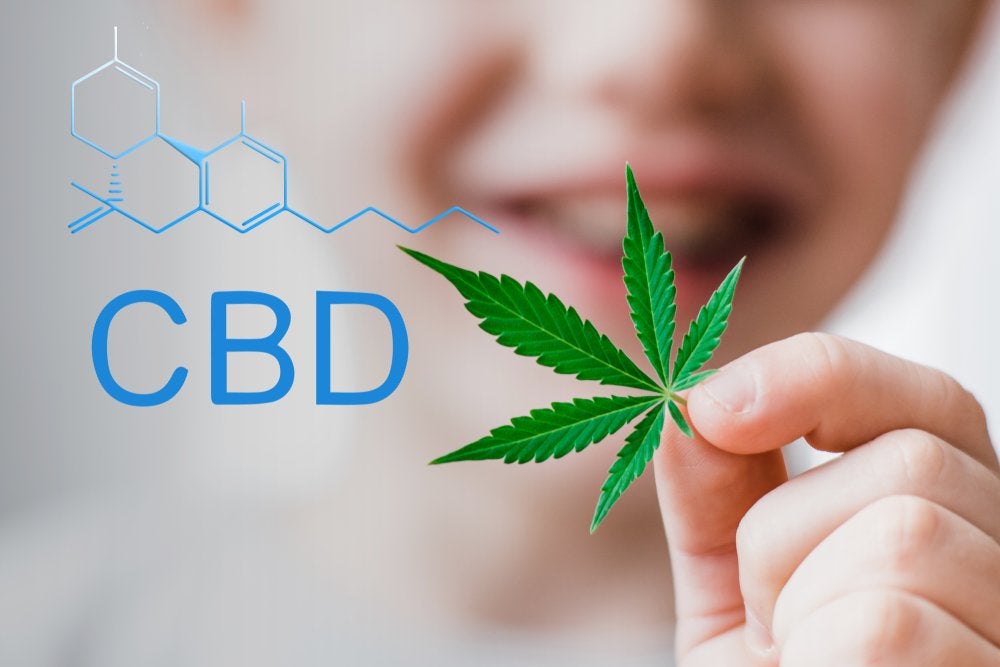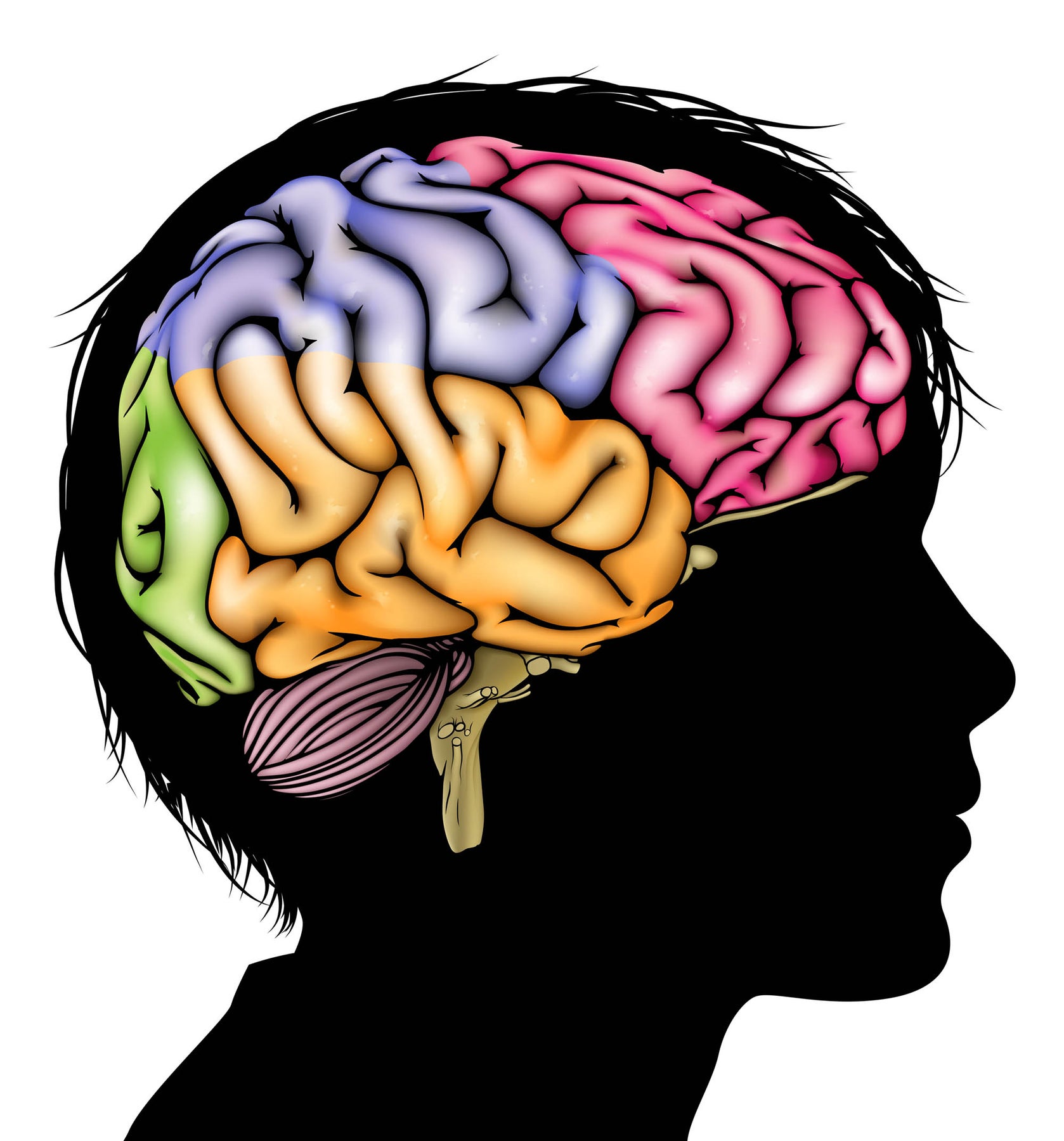News
The Impact of Cannabis on Memory and Cognition: Separating Fact from Fiction
The use of cannabis has been a topic of debate for years, with concerns about its impact on memory and cognition being one of the main points of discussion. Some studies have suggested that cannabis use can impair memory and cognitive function, while others have found no significant impact. In this article, we will explore the latest research on the topic and separate fact from fiction.
Understanding Memory and Cognition
Memory and cognition are two essential components of our cognitive functioning. Memory refers to the ability of our brain to store and retrieve information. It allows us to remember past events, experiences, and learned knowledge. On the other hand, cognition involves a wide range of mental processes, including attention, perception, thinking, and decision-making. It plays a critical role in our daily life and helps us to interact with the world around us. Both memory and cognition are complex processes that involve different areas of the brain working together.
Various factors can influence memory and cognition, such as age, sleep, stress, and substance use. Cannabis is one such substance that has been found to impact these cognitive processes. It contains THC, a psychoactive compound that interacts with the endocannabinoid system in our brain, leading to various effects on our cognitive functioning. Understanding the impact of cannabis on memory and cognition is crucial in evaluating its potential benefits and risks.
The Science of Cannabis

Cannabis has been used for medicinal and recreational purposes for centuries, and its effects on the body have been studied extensively. The plant contains more than 100 different cannabinoids, which interact with the body’s endocannabinoid system to produce a wide range of effects. The two main cannabinoids found in cannabis are THC and CBD. THC is responsible for the plant’s psychoactive effects, including altered mood, perception, and cognition. It binds to the CB1 receptors in the brain, which are involved in memory, attention, and learning. CBD, on the other hand, does not produce psychoactive effects and does not bind to CB1 receptors. Instead, it interacts with other receptors in the body to produce a range of therapeutic effects, including pain relief, anti-inflammatory properties, and anxiety reduction. While the effects of cannabis on memory and cognition are complex and can vary depending on various factors, including dosage and frequency of use, THC has been shown to hurt memory and cognitive function. On the other hand, CBD has been shown to have neuroprotective properties and may even improve cognitive function in certain contexts.
The Effects of THC

THC, or tetrahydrocannabinol, is the primary psychoactive compound in cannabis, and it can have a range of effects on memory and cognition. While some studies have found that THC can impair short-term memory and attention, other studies have found no significant impact. Research suggests that the dose of THC and the individual’s tolerance and experience with cannabis can play a role in its effects on memory and cognition. A study published in the Journal of Clinical Psychopharmacology found that heavy, chronic cannabis use was associated with impaired verbal memory, attention, and learning. However, this effect was not observed in occasional users. Another study published in the Journal of Experimental Psychology found that THC impaired memory consolidation in a dose-dependent manner. While the effects of THC on memory and cognition may vary depending on individual factors, it is important to understand that cannabis use can have an impact on these functions and may impair driving and other activities that require cognitive function.
The Role of CBD

CBD, or cannabidiol, is one of the primary compounds found in cannabis, along with THC. Unlike THC, CBD is non-psychoactive and does not produce the same intoxicating effects. Instead, it is believed to have potential therapeutic benefits, including anti-inflammatory and anti-anxiety effects. Some studies have also suggested that CBD may counteract the negative effects of THC on memory and cognition. For example, a study published in the Journal of Psychopharmacology found that participants who received a combination of THC and CBD experienced fewer memory impairments compared to those who received THC alone. Another study published in the Journal of Psychopharmacology suggested that CBD may reduce the anxiety and paranoia associated with THC use. However, it is important to note that the research on CBD’s effects on memory and cognition is still in its early stages, and more studies are needed to fully understand its potential benefits and limitations.
Frequency and Dosage
Research has shown that the frequency and dosage of cannabis use can play a significant role in its impact on memory and cognitive function. Heavy and frequent cannabis use can potentially have negative effects on memory and cognitive performance, including reduced ability to retain information, decreased attention span, and impaired decision-making abilities. These effects can be particularly pronounced in individuals who begin using cannabis at a young age or who have a history of heavy use. However, occasional and low-dose cannabis use may have less of an impact on memory and cognition. Some studies have suggested that low-dose cannabis use may even have some positive effects on cognitive function, such as improved creativity and problem-solving skills. Overall, it is important for individuals to be mindful of their cannabis use and to consider the potential impact on their memory and cognitive abilities.
The Developing Brain

Adolescents and young adults who use cannabis may be at an increased risk of negative effects on memory and cognition. This is because the brain continues to develop until the mid-20s, and cannabis use during this time may interfere with normal development. Studies have shown that regular cannabis use during adolescence and young adulthood may lead to lower IQ scores, reduced attention span, and impaired executive function. It is also possible that cannabis use during this time may increase the risk of developing mental health disorders such as anxiety and depression. It is important to note that the impact of cannabis on the developing brain may vary depending on factors such as frequency and duration of use, as well as individual susceptibility. Adolescents and young adults should be cautious when using cannabis and should be informed about the potential risks to their developing brains.
Mitigating the Risks
As research on the impact of cannabis on memory and cognition continues, it is important to take steps to mitigate any potential risks associated with its use. Avoiding heavy and frequent use of cannabis can help reduce the likelihood of experiencing negative effects on memory and cognition. Additionally, choosing strains with higher CBD content can be beneficial as CBD has been found to have neuroprotective properties that may offset some of the negative effects of THC. It is also important to wait until the brain has fully developed before using cannabis, as studies have shown that cannabis use during adolescence can harm brain development and cognitive function. By being mindful of your cannabis consumption habits and taking steps to reduce potential risks, you can enjoy the benefits of cannabis while minimizing any negative impact on your memory and cognition.
The Impact of Cannabis on Memory and Cognition
The impact of cannabis on memory and cognition is a complex topic, and there is still much to be learned. While some studies have suggested that cannabis use can impair these functions, others have found no significant impact. Ultimately, the risks and benefits of cannabis use will depend on a range of individual factors, including frequency of use, dosage, and age. If you have concerns about the impact of cannabis on your memory and cognition, talk to your healthcare provider for more information.


